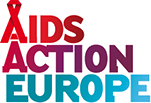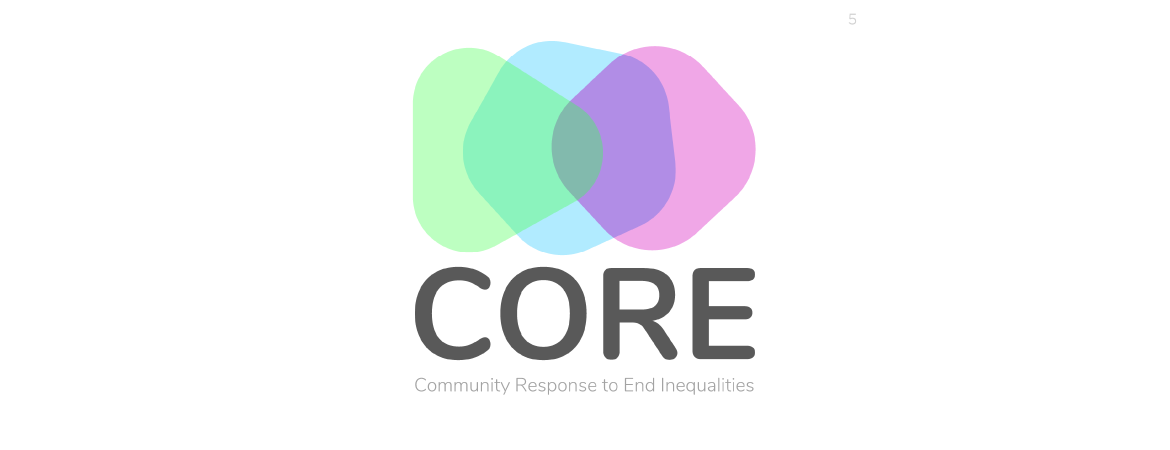“CORE – COmmunity REsponse to End Inequalities” is a 36-month EU Action Grant running from January 1st 2023 to December 31st 2025 and involves 24 partners from 16 EU Member States. CORE aims to reduce inequalities in the HIV, TB and viral hepatitis responses by promoting, strengthening and integrating the community responses that have proven key in reaching communities traditionally underserved by mainstream prevention and healthcare services. This approach is particularly vital in the context of countries where these responses are still inadequate compared to the EU average.
CORE is co-funded by the EU4Health Programme 2021 – 2027, the fourth and largest of the EU health programmes since their launch in 2003, with the total budget of €5,3 billion.
The project CORE is a practical reflection of the Global AIDS Strategy 2021 – 2026 which was adopted by the UNAIDS Programme Coordinating Board in 2021. The Global AIDS Strategy came to replace the previous because the world did not reach the 2020 HIV treatment targets and rather we experienced a substantial increase in inequalities around the world and within the countries. We observed how the HIV response has been pushed off track locally, regionally and globally and how COVID was used as an excuse for that. The new Global AIDS Strategy with its completely new approach makes a bold move to put people and communities in the centre of the HIV response.
Following the Global AIDS Strategy, CORE uses the following principles: inequality lens, community leadership, intersectionality, inclusivity, as well as the integration of community-led and community-based organisations into prevention, testing and counselling, and linkage to and retention in care services. The project pursues the following strategic goals: strengthening the capacity of community-led and community-based services; consolidating and increasing the scope and effectiveness of community-based linkage to care; supporting exchange and dialogue between community-led and community-based service providers, community networks, representatives of key affected communities, and other stakeholders; and addressing policy, legal and structural barriers.
CORE operates in two sets of countries: one set are the EU Member States in the countries of central and southeast Europe: Bulgaria, Hungary, Poland, Romania, Slovakia, and Slovenia. These countries have similar epidemiological trends; have been HIV low-prevalence countries, with HIV concentrated in the gay bisexual and other MSM communities. However, in recent years we have seen backlashes against key populations, lack of political will, and low level of recognition of the role of communities in HIV response. Another set of EU Member States where the project focuses on are countries of the west and south of the Union: France, Germany, Greece, Portugal, and Sweden. They have relatively successful responses to the HIV, viral hepatitis, TB, and STI epidemics, however, some key populations in these countries are left behind due to stigma and discrimination, racism and xenophobia, and other systemic legal and policy barriers.. Among these key populations are migrant communities, sex workers, trans and gender diverse people, and people who use drugs.
The following organisations are part of the project: Institute of Tropical Medicine Antwerp, European AIDS Treatment Group, European Sex Workers Rights Alliance (Belgium), Health without Borders (Bulgaria), AIDS Solidarity Movement (Cyprus), Czech AIDS Help Society (Czechia), Federal Paraliu Rouge (France), AIDS Action Europe/Deutsche Aidshilfe, Afrikaherz (Germany), Positive Voice and Praksis (Greece), HATTER and Right Reporter Foundation (Hungary), Fundacja Edukacji Społecznej (Poland), LILA Milano (Italy), GAT (Portugal), ARAS and Carusel (Portugal), Odyseus (Slovakia), Legebitra (Slovenia), CEEISCAT (Spain, Catalunya), Noaks Ark Mozaik (Sweden), Africa Advocacy Foundation and Correlation – European Harm Reduction Network (the Netherlands).
The project kick off meeting took place on January 30th 2023 where all the partners could meet and discuss the project implementation and outcomes. Stay tuned for more information and outcomes of the project on the website which will go live in summer 2023.

